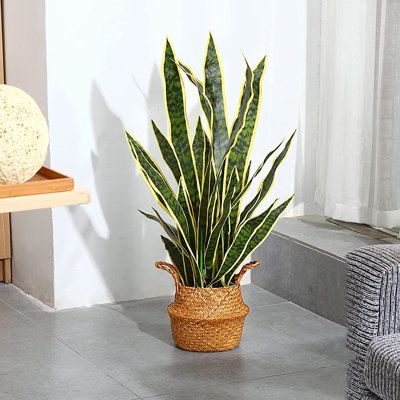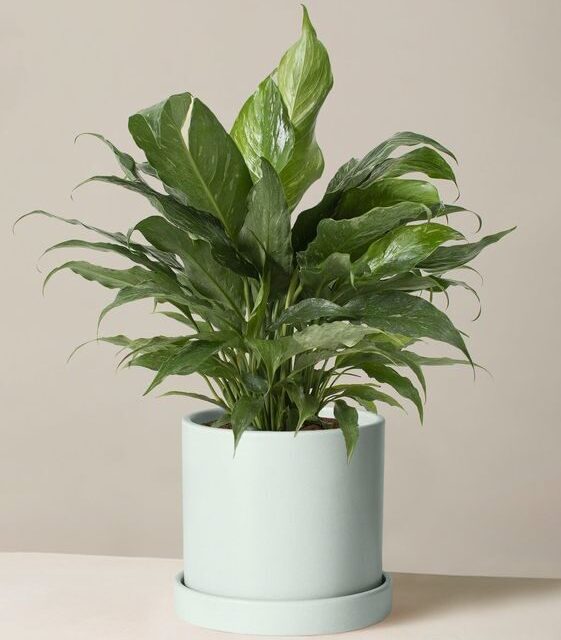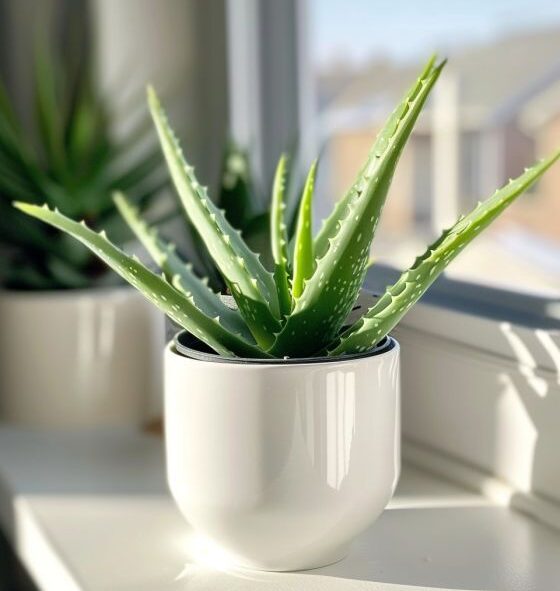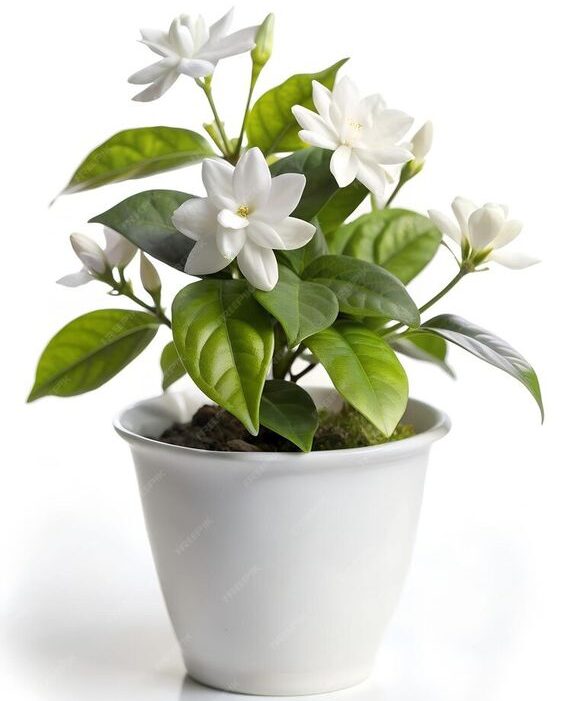In addition to being a lovely accent to your workstation, office plants have several health benefits for your body, mind, and surroundings.
The evidence supports the advantages of having greenery around, especially in locations like offices where we spend a lot of time, even though it may appear like everyone is merely following the trend for aesthetic reasons.
Office plants have been shown to dramatically lower stress, improve mood, and even increase productivity. According to a University of Exeter study, workplaces with plants had a 15% increase in productivity.
Why? Even in tiny doses, spending time in nature calms the brain, lessens mental exhaustion, and improves concentration.
Does Office Plants make a huge difference?
Benefits to Brain:
Plants like Boston Fern and Areca Palm are well-known air-purifying property. The Boston Fern helps to keep the air humid, which lessens headaches brought on by dry office settings, and the Areca Palm is great at eliminating dangerous toxins from the air.
Rosemary is yet another excellent choice. Its aroma is associated with enhanced memory and focus, providing a mental boost throughout extended workdays.
The scent of rosemary may even improve attentiveness and cognitive performance, according to studies.
NASA’s research on indoor plants shows that certain plants can absorb carbon dioxide and release oxygen, improving air quality and making it easier for you to stay alert and refreshed.
Astrological Beliefs:
For astrology lovers, Basil is believed to bring protection and love, while Lavender is associated with peace and calmness, making it ideal for those looking to balance their emotional energy.
In many cultures, chrysanthemums are associated with luck and optimism and are believed to provide longevity and pleasure. You may discover that some of these plants are more spiritually compatible with your energy depending on your star sign.
Environmental Impact:
English ivy is a powerful plant that can remove indoor pollutants like formaldehyde and mold spores, in addition to spider plants and ferns.
Additionally, it thrives in low light levels, which makes it ideal for offices. In order to reduce interior pollution, rubber plants are very good at absorbing airborne pollutants and turning CO2 into oxygen.
These are excellent in preventing dry skin and eye discomfort by adding moisture to the dry workplace air.
Menstrual Advantage:
It’s interesting to note that chamomile and aloe vera are well-known for their calming qualities, which may help reduce discomfort associated with menstruation.
The gel of aloe vera can be applied directly to relieve cramps, while chamomile, which is commonly consumed as a tea, can also help reduce tension. Because of its relaxing properties, a chamomile plant on your desk might be a helpful friend during that time of the month.
Choose Your Office Plants Based on Their Benefits.
1. Snake Plant (Sansevieria)
- Air Purification: Removes toxins like formaldehyde and benzene from the air.
- Low Maintenance: Hardy and drought-tolerant, requiring little care.
- Boosts Oxygen: Releases oxygen at night, improving indoor air quality.
2. Lavender
- Relaxation: The scent of lavender promotes calmness and reduces anxiety.
- Sleep Aid: Often used in aromatherapy to enhance sleep quality.
- Insect Repellent: Naturally deters mosquitoes and other pests.
3. Peace Lily (Spathiphyllum)
- Air Purification: Filters pollutants like ammonia, formaldehyde, and mold spores.
- Humidity Control: Increases humidity levels, which can benefit dry indoor environments.
- Beautiful Blooms: Adds aesthetic appeal with its glossy leaves and white flowers.

Photo Credit – The Sill
4. Rosemary
- Improves Memory: Studies suggest rosemary may enhance cognitive function and memory.
- Aromatic: Its fragrance stimulates alertness and reduces stress.
- Culinary Uses: A versatile herb for seasoning food with antioxidants.
5. Aloe Vera
- Soothes Skin: The gel is widely used to heal burns, cuts, and skin irritations.
- Air Purification: Absorbs pollutants like formaldehyde from the air.
- Moisturizing: Aloe gel is an effective natural moisturizer for skin and hair.
6. Basil
- Culinary Herb: Rich in antioxidants and essential oils that add flavor and health benefits to food.
- Anti-inflammatory: Contains compounds that help reduce inflammation and promote health.
- Repels Insects: Keeps pests like mosquitoes away.
7. Jasmine
- Promotes Sleep: Jasmine’s scent can improve sleep quality and mood.
- Reduces Stress: Its calming fragrance is used in aromatherapy to alleviate stress and anxiety.
- Air Purification: Some varieties help improve indoor air quality.
8. Chamomile
- Aids Digestion: Often used as a tea to soothe digestive issues.
- Promotes Relaxation: Known for its calming effects, helping reduce stress and anxiety.
- Anti-inflammatory: Contains compounds that reduce inflammation when consumed or applied topically.
How to Take Care of Your Office Plants and Where to Find Them?
The majority of these office plants are available from neighborhood garden centers, big-box retailers like Home Depot or Lowe’s, or internet retailers like Bloomscape and The Sill.
How to Pot and Maintain Plants in Your Office:
Pots: To avoid overwatering, select pots with drainage holes. Because they promote air circulation, ceramic and terracotta pots are excellent choices.
Sunshine: Although the majority of office plants thrive in low light, be sure to give them some indirect sunshine. If you don’t have natural light, put them next to a window or beneath artificial grow lights.
Watering: The largest killer of office plants is over watering. Allowing the soil to dry out in between waterings is a smart idea. Plants like succulents and snake plants only need water once every two weeks.
The Benefits of Using Office Plants as Décor
To put it briefly, office plants are nature’s method of improving your wellbeing and are more than just décor. Plants add a little bit of nature into your hectic life, regardless of your astrological beliefs or simply your preference for cleaner air.
They don’t ask for much, but they provide a lot in return, including less stress, healthier air, and a pleasant visual boost for your workplace.
Plants are even associated with mythology and good fortune in some cultures. For instance, in many Asian traditions, the money plant is frequently regarded as a sign of fortune. You can choose plants that match your energy and go deeply into these beliefs if you’re spiritual.
In conclusion
It’s obvious whether or not you should have a plant on your desk or in your office. No one is harmed by office plants, and their presence has no downside to it. There is a plant for everyone, regardless of whether you believe in the astrological benefits, enjoy being in nature, appreciate attractive décor, or simply enjoy breathing in fresh air.
Adding office plants to your workspace is an investment in your well-being and health, not merely a way to liven up your desk. Why don’t you try it? You have a lot to gain and nothing to lose.








